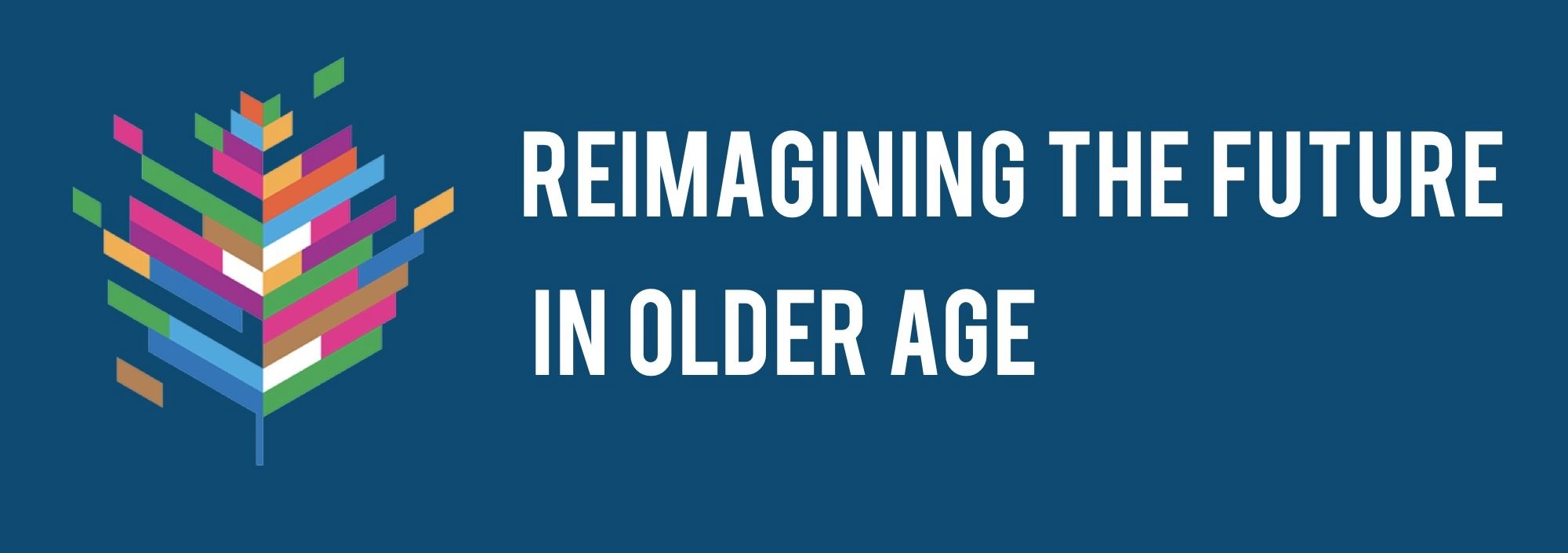In our previous blog post, we announced that we’re recruiting ‘self-identified’ older people to take part in an online theatre workshop. The term ‘self-identified’ seems to have ruffled some feathers, and so this is a response in good faith which hopefully answers some questions.
Researchers of older age and later life have always had to contend with the thorny question of who it is we’re researching. When does ‘old age’ start? At what point does someone become ‘an old person’? While the shift in terminology to older age and older person is seen by many as a welcome attempt to acknowledge that ageing ‘is a process, a matter of degree rather than a fixed identity’[1], the question of who or what counts as older remains. There are no clear answers to this, which presents challenges when researchers want to know who to include in their research.
Many researchers and organisations define older age in chronological terms. The Scottish Government, for instance, has defined older age from 50 onwards[2]. Others use the state pension age as a yardstick (although this can vary by nationality, gender and date of birth. For people born after 6 April 1978, the current pension age in the UK is 68).
While chronological definitions of older age can be pragmatic and helpful in policy research, they are limited in helping us to understand what it means to be a particular age. Our understandings of what it means to be ‘old’ or ‘older’ are shaped in all kinds of ways, including our personal experiences and family relationships, by other intersecting identities such as class, gender and ethnicity, and by social-historical events. Ageing, in other words, is socially constructed and cannot be fixed to a single number.
In our project Reimagining the Future in Older Age we are interested in how ageing and older age are socially and discursively created, particularly with respect to how people’s futures can be seen as more, or less, meaningful depending on whether or not they are perceived as ‘old(er)’.[3] Because our project defines age as something that is subjective and socially constructed, for the purposes of recruiting people to our theatre workshops we did not want to use inclusion criteria based on chronological age. We therefore decided that the only age-related criterion is that participants identify as an ‘older adult’.[4]
Are we certain that this is the best solution? No! Are we open to other suggestions? A resounding yes! But if your reaction to the term ‘self-identified older adult’ is one of indignation and even ridicule, then we would invite you to reflect on how you would define older age. We suspect you won’t find it as easy as you think.
[1] Elaine Showalter in her introduction to Lynne Segal’s Out of Time: The Pleasures and Perils of Ageing (2014)
[2] https://www.gov.scot/publications/fairer-scotland-older-people-framework-action/pages/3/
[3] See an earlier post for how the Covid pandemic has intensified ageist discourse about which ages, and more to the point whose futures, ‘matter’ the most.
[4] A methodological decision that has been taken by other researchers, for instance see Clarke & Warren (2007) Hopes, fears and expectations about the future: what do older people’s stories tell us about active ageing? Ageing & Society, 27, 465-488.
